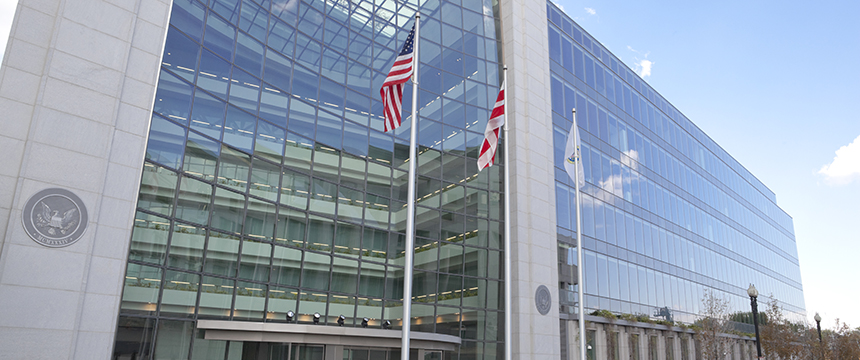The SEC and State Regulators Target Crypto Lending in Nexo Settlement

On January 26, 2022, the California Department of Financial Protection and Innovation (DFPI) announced its participation in a $22.5 million multi-state settlement with Nexo Capital Inc. (Nexo) relating to unregistered securities offerings in connection with the company’s retail crypto lending product. In a parallel action filed by the Securities and Exchange Commission (SEC), Nexo agreed to pay the SEC an additional $22.5 million in fines to settle similar charges. In both cases, regulators alleged that Nexo offered and sold its “Earn Interest Product” (EIP) accounts to new and/or existing investors in the United States, which allegedly enabled investors to passively earn interest by loaning certain digital assets to Nexo.
Although Nexo is an off-shore company, the DFPI, other state regulators, and the SEC launched investigations and filed actions in multiple jurisdictions alleging that Nexo offered and sold unregistered or unqualified securities to retail investors in the United States, including California. Nexo allegedly promoted the EIP to investors primarily through its website by providing a list of supported virtual currencies and their corresponding interest rates. It also allegedly promoted the EIP on social media through various platforms, including Twitter, Instagram, and YouTube.
The Nexo settlements reflect a heightened awareness and commitment of resources by federal and state agencies in regulating and prosecuting lenders operating in the digital asset and cryptocurrency space. Despite the lack of any formal rulemaking process governing crypto lending, the SEC has adopted a broad view of what is a security and pursued enforcement actions against crypto lenders, regardless of whether investors were actually harmed. Last year, the SEC and the states extracted a $100 million settlement from BlockFi Lending LLC relating to its crypto loan program. Half of that was to be paid to the SEC, the other half to multiple states, but in the meantime, BlockFi has gone bankrupt.
Last month, SEC Commissioner Hester Peirce criticized this “regulation-by-arbitrary-and-tardy-enforcement-actions approach” as “the opposite of a rational regulatory framework” and stated that the SEC “needs to conduct better, more precise, and more transparent legal analysis” in developing a coherent legal framework for crypto.
Although the DFPI has invited comments on the regulation of crypto asset-related financial products, it has not yet adopted any formal rules regulating crypto lending. However, as with the SEC, the DFPI has adopted a broad interpretation of “securities” to include crypto lending products and found that crypto lending platforms are covered “persons” or “service providers” under the California Financial Code. Notably, in announcing the Nexo settlement, DFPI Commissioner Clothilde Hewlett singled out “[n]ewer financial services companies, especially those involved with crypto assets” and stated that the Nexo settlement “is a part of a larger DFPI effort to investigate companies that offer crypto interest accounts.”
Therefore, it is apparent that companies offering crypto asset lending products are under the microscope, and regulators will pursue enforcement actions before engaging in a formal rulemaking process to clarify the legal framework that governs these financial products. No company should enter the business without competent banking and crypto law advice.

